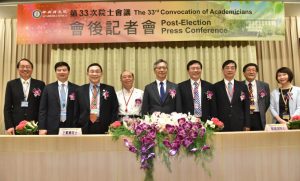2018 Packard Fellow Ian Seiple
Ian Seiple
Department of Pharmaceutical Chemistry, University of California, San Francisco
Discipline: Chemistry
Despite significant advances in drug discovery over the past century, many disease-associated biomolecules remain challenging to target with “drug-like” small molecules. The Seiple group develops methods for the design, synthesis, and optimization of molecules that are larger and more structurally complex than traditional therapeutics.
